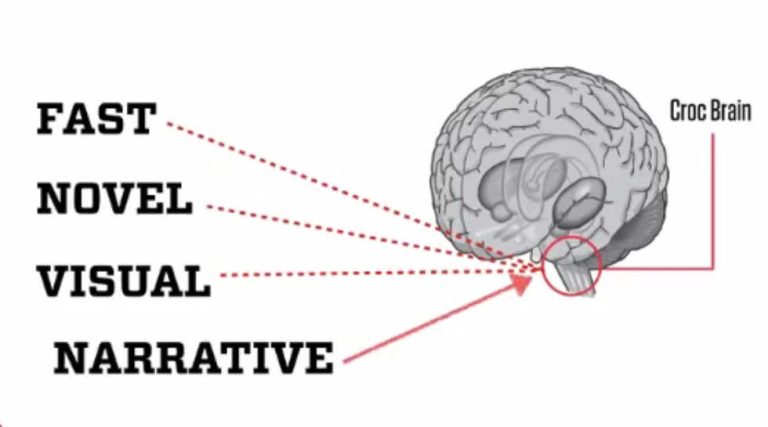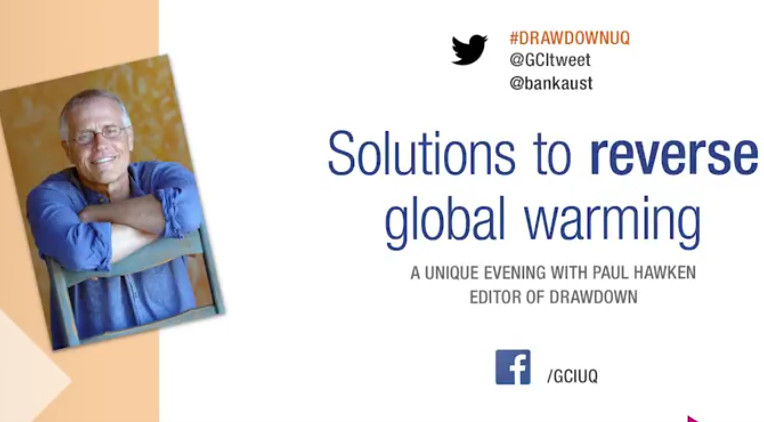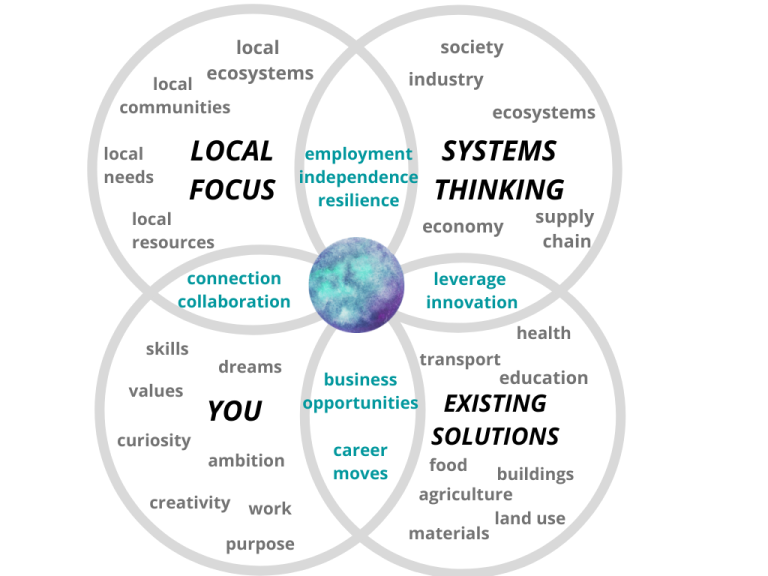Developing Optimism
It ain’t what you do, it’s the way you explain it…
The difference between optimists and pessimists lies largely in how they explain the
negative events in life. The quality of your explanations is the key.
“But I’m a positive person” I hear you say…
Really? There’s an underlying pessimism that’s in epidemic proportions at the moment.
Take a moment to check on the way you explain a bad result? Because it’s how you
explain the negatives that’s critical.
The three “P”s of pessimism
Pessimists have a habit of explaining their negative experiences and results personally, pervasively and permanently. The quality of their explanations drags them down.
Personally: “See what I’ve done…”
Permanently: “I never get things right…”
Pervasively: “Noone cares about the little people…”
Optimists explain negative experiences in ways that are temporary and external. Their explanations build them up.
As simple as ABCD …
By learning to listen to our explanations and debate them, we can change our experience of living.
If we take a close look at an Adverse event we can identify the Beliefs that limit us, and the
Consequences those beliefs have on our state of mind. Then we can learn to Debate our negative beliefs and become more powerful.
What’s the evidence?
How much evidence is there really for “I never get it right”? What is the case for the defense? How many things have you got right this week? If your bills are paid
and you’re holding down a job, then you’ve done a lot right, consistently.
What’s the alternative?
What temporary, external explanations are there for what happened? Scan for all possible causes. Focus on the changeable, specific, non-personal causes. So you failed the exam – are you REALLY hopeless? Or just over-committed?
How likely is your catastrophe?
OK, so you’ve missed a deadline or failed an exam. Will you REALLY get fired? Will you REALLY never get a job? What is the more likely result – missing a pay rise? Repeating the subject?
Is the belief useful?
Sometimes a belief just isn’t useful – “The world should be fair” can cause a lot of heartache. If it’s giving you grief, give it up.
The limits of optimism
There is a place for pessimism – it’s just way overused at the moment. Generally, optimism is a more productive way of dealing with life’s daily challenges.
Building a bridge or planning a major business strategy need a balanced view.
Be a friend to yourself…
We’d never speak to our best friend the way we often speak to ourselves. Start now – improve the quality of your explanations.
Be a friend to the future…
Stressed, pessimistic brains can’t think creatively and strategically. We need optimism to develop a more regenerative economy. It’s more than just “nice to have” – it’s a critical practice of emotional intelligence.
For more about the practice of optimism, check out the book “Learned Optimism” by Martin Seligman, founder of Positive Psychology. It’s important information for anyone in the sustainability game.
(First published in Balance3 Update, May 2007)







